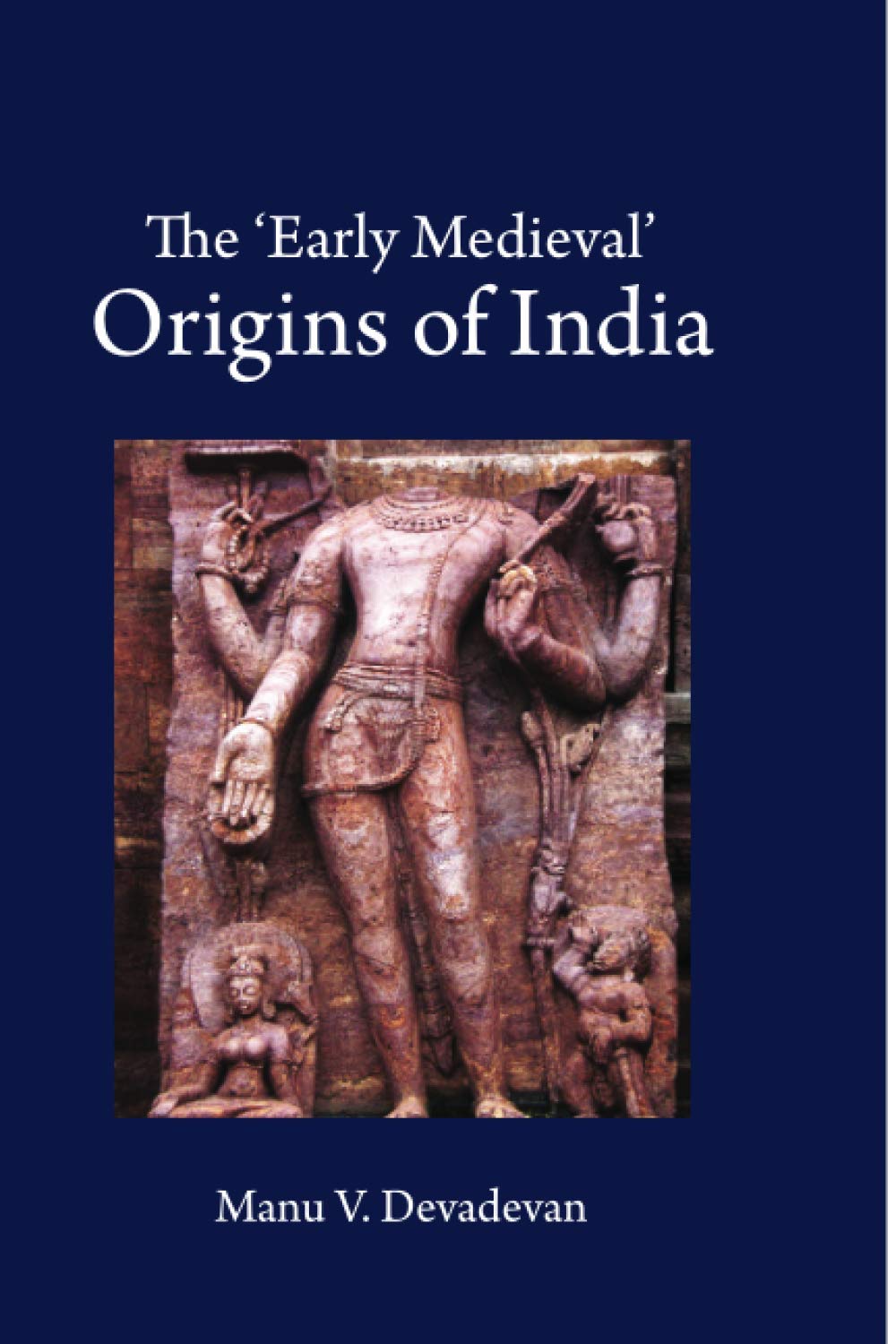The volume by Manu V Devadevan, The ‘Early Medieval’ Origins of India, is a significant contribution to pre-modern South Asian history. A reappraisal of the historiography of the period 600-1200 CE referred to as the ‘early medieval’, it is a valuable addition to the debate on what India is and how it should be understood. Critical of the scheme of periodization in Indian history and prevailing wisdom on early medieval period, the book is provocative and radical in its claim that India is a product of the early medieval times. It stands strongly against the popular imagination and existing knowledge that trace the beginnings of ‘Indian civilization’ to the second millennium BCE or the age of the Vedas. Going beyond conventional questions and scope of the early medieval—regional state formation, urbanization, agrarian economy, religious beliefs and institutions—the volume emphasizes on less understood aspects such as the evolution of vernacular languages, literary traditions and performance practices, rise of pilgrimage centres, caste, gender, religious identities, territorial self-consciousness and intellectual life.
Reinterpreting India’s past and rejecting current postulates in early medieval historiography, Devadevan has structured the book in three parts to explore the evolution and origins of institutions, ideas and identities against the backdrop of political economy instead of merely endorsing their Indianness. Exemplifying a variety of issues ranging from state formation and its structural foundations, Pallava statecraft, changes in land relations, temple and territory, epistemologies of time and knowledge, literary paradigm and kuddiyattam theatre, invention of zero and its intellectual legacy and others, the author traces their emergence to the early medieval period.

